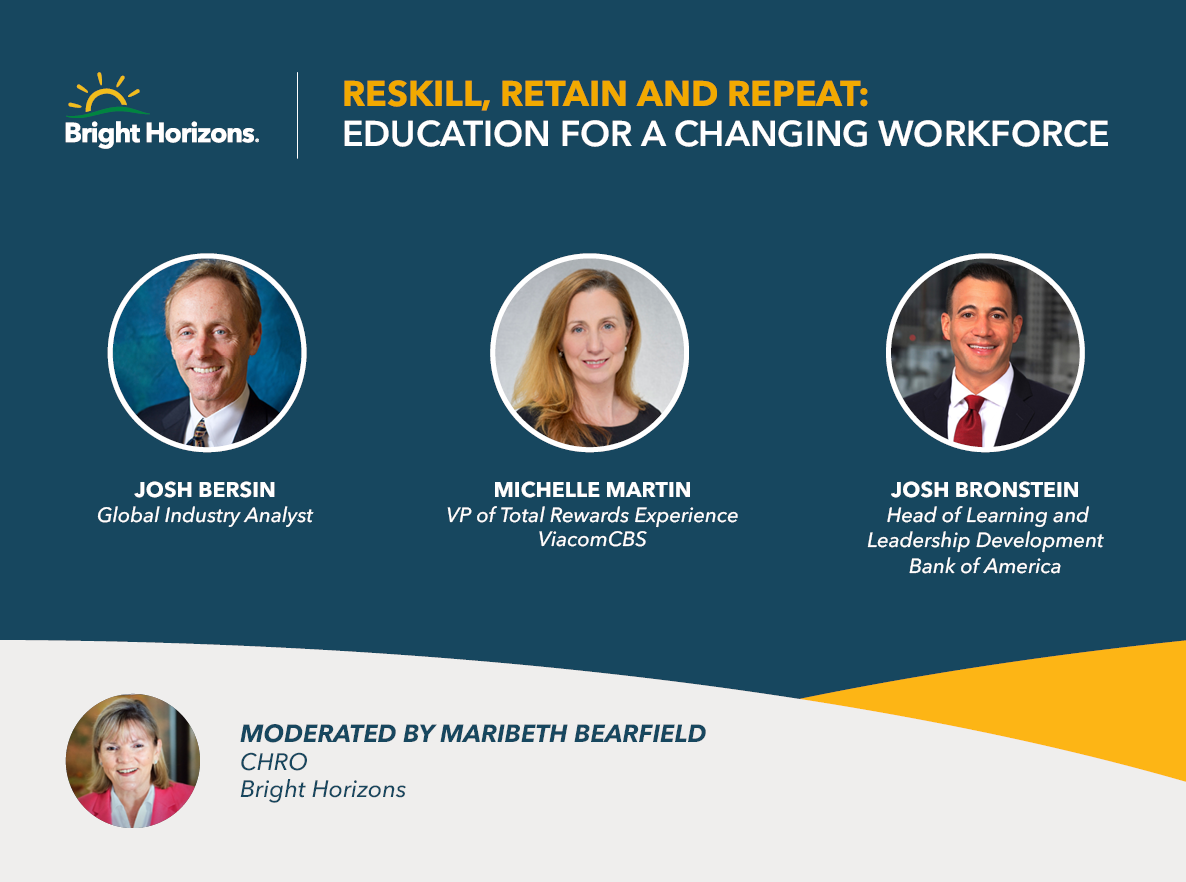Back in 2004, students entering four-year colleges to study computer science knew a digital world where computer functions operated primarily on laptops.
By the time they graduated four years later, the technological landscape had been completely upended by a little thing we now know as the iPhone.
Same field, completely different world.
Welcome to skills advancement in the modern era.
Such developments no doubt rattle students, but they should be a sign for employers, too. Industrial developments no longer lumber along in cooperative 48-month increments. Skills can become obsolete in a hurry. Four years, as the above example attests, can be a lifetime in advancements. And it’s not just high tech. For every new piece of automated manufacturing equipment, there’s a new role required to operate it. Same for healthcare, finance, retail…in every field, skills are evolving at the speed of industry. It’s no longer enough to plan out proficiencies 48 months ahead and sit back and wait for the returns. Education programs (and let’s face it, employers) have to be nimble enough to respond to skills needs…now.
Why Employers Should Offer Non-Degree Programs
It’s one reason why education programs fueled only by degrees are no longer enough. Certificates, boot camps, certifications and MOOCs can all find a place in your reimbursable education expenses -- taking on not just speed, but cost. Consider project management. A comprehensive master’s program could eat up years and tens of thousands of dollars; a specialized course with targeted skills could come in at hundreds of dollars – in just eight weeks. Nobody’s suggesting these programs are replacements for four-year degrees; but they can be critical complements that allow your employees to zig and zag with today’s talent evolution, even as you plan for tomorrow’s. While you’re at, you’re appealing to employees up and down the line. “In an era when millennials are being lured by tech startups with ping-pong tables or daily happy hours, “ wrote the Wall Street Journal recently about frontline education strategies, “the data suggest the better bet for many companies is an offer to send them back to school.”
Still, there are a lot of non-degree options out there that vary in quality and efficacy. And like anything, using them effectively will require strategy – something we talk about extensively in our webinar on the subject.
One thing there’s no mistaking is that times are changing.
Shouldn’t your education strategy change, too?





